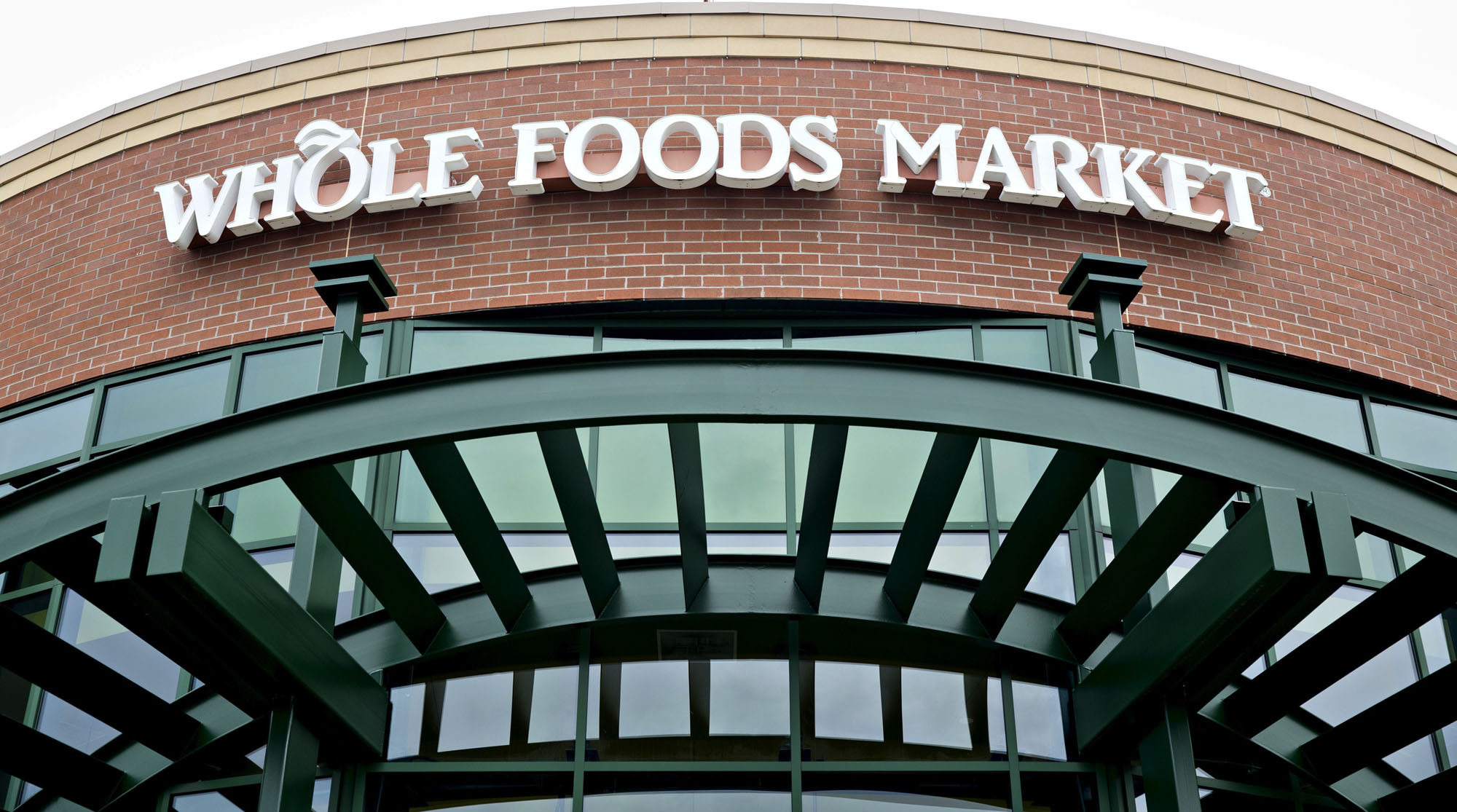In 1859, when Manhattan still had many farms, near the Battery on the island's southern tip The Great American Tea Company was launched. It grew, and outgrew its name, becoming in 1870 The Great Atlantic & Pacific Tea Company, which in 1912 begat the first A&P Economy Store, a semi-modern grocery store.
By 1920, there were 4,500 such stores; by 1930, 15,000. In 1936, in Braddock, Pennsylvania, A&P opened a "supermarket." By the 1950s, A&P was, briefly, what Walmart now is, the nation's largest retailer, with a 75 percent share of America's grocery business. A&P was, however, about to learn that Karl Marx was right.
In "The Communist Manifesto," Marx testified to capitalism's transformative power: "All that is solid melts into air." Sixty-eight years after he wrote that, in 1916, in Memphis, just as Henry Ford's Model T was making personal mobility a universal aspiration, and that aspiration was making suburbs practical and alluring, the first Piggly Wiggly opened.


















With your current subscription plan you can comment on stories. However, before writing your first comment, please create a display name in the Profile section of your subscriber account page.